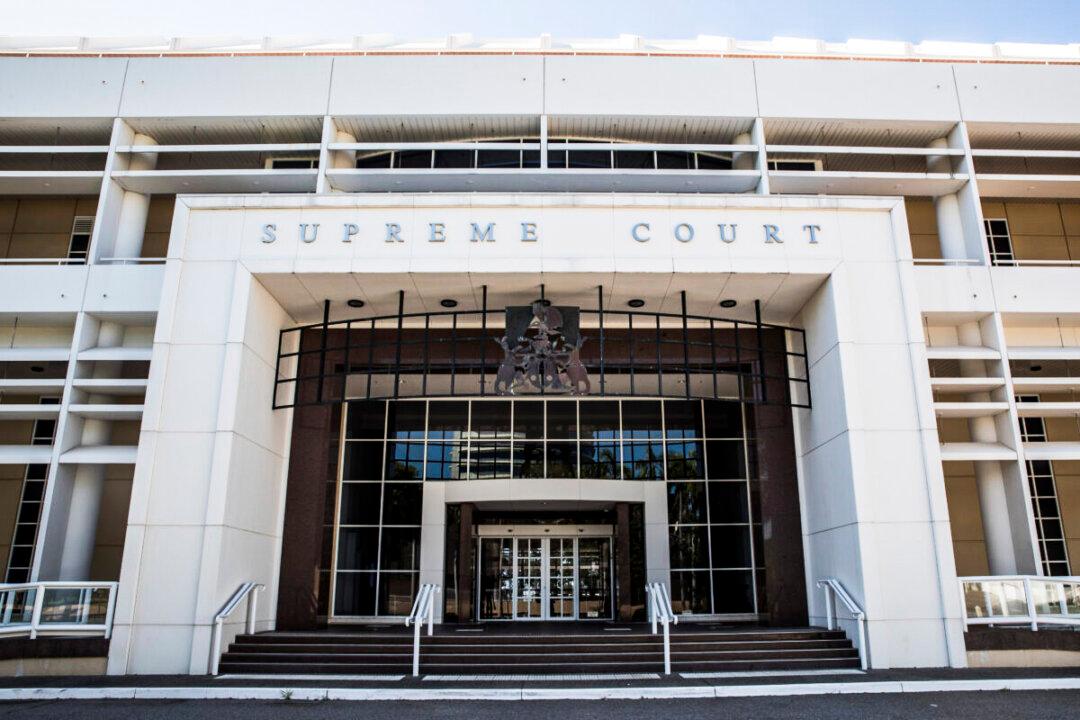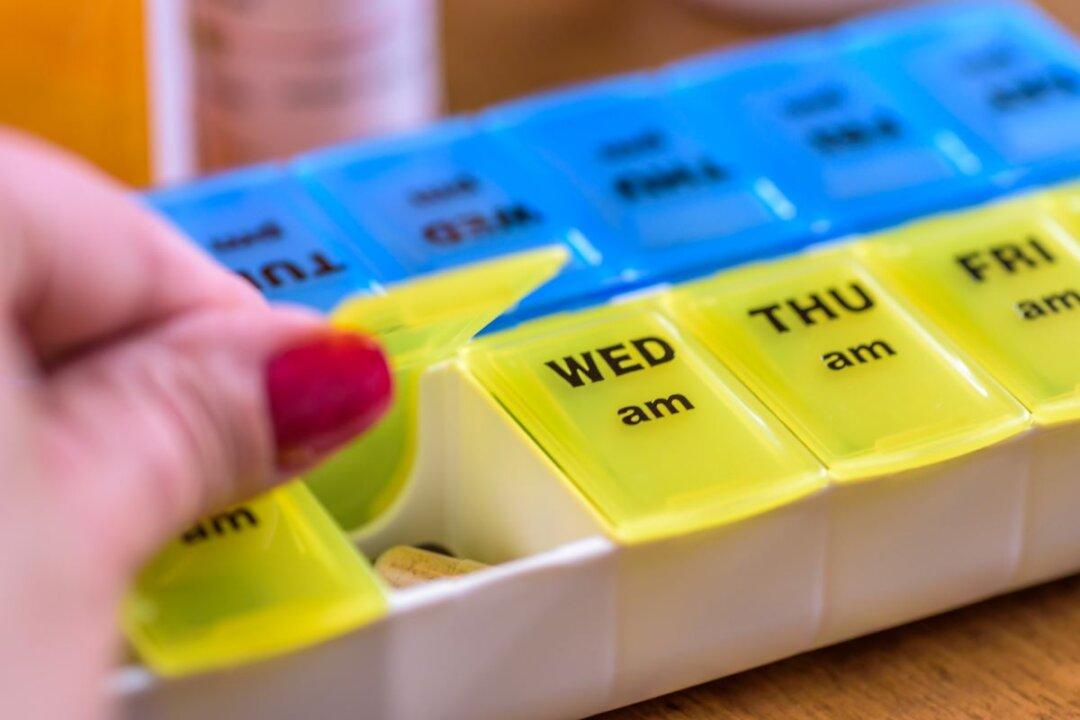Northern Territory (NT) Country Liberal Party (CLP) Leader Lia Finocchiaro has stated that her party will not raise the age of criminal responsibility if they are elected to Government in 2024.
In a social media post on Sunday, Finocchiaro said that the CLP is committed to putting the rights of victims before those of offenders.





